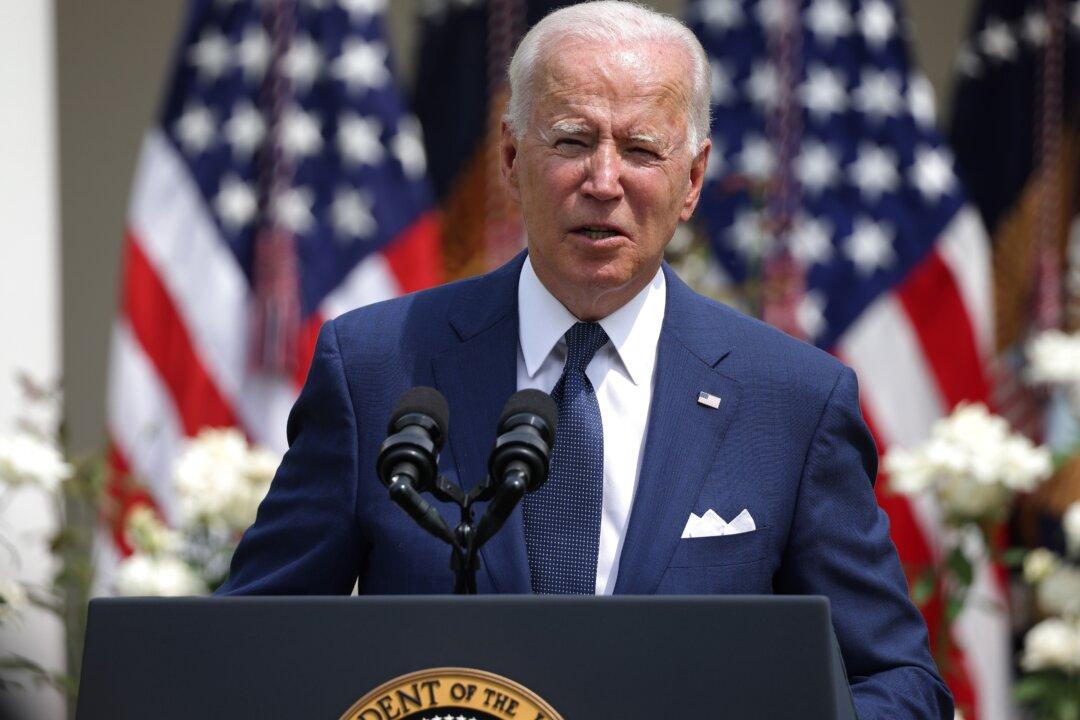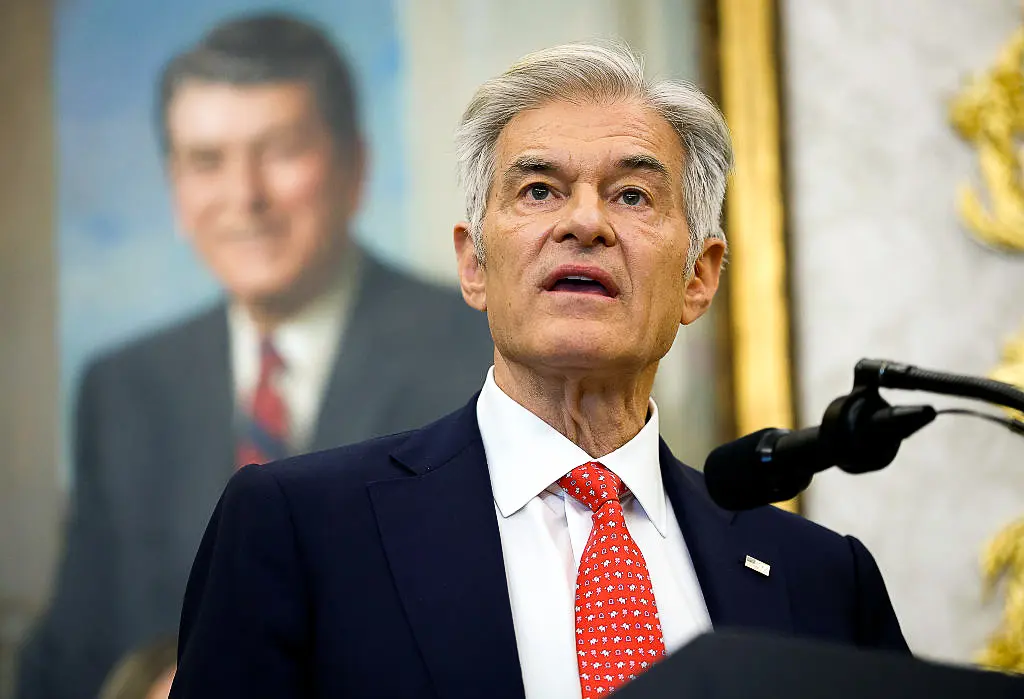President Joe Biden said on July 26 that American combat troops would leave Iraq sometime in 2021, coming weeks after troops departed Afghanistan, although he said some U.S. personnel would continue to work with Iraqi security forces in their fight against the ISIS terrorist group.
“We are not going to be, by the end of the year, in a combat mission,” Biden told Iraqi Prime Minister Mustafa al-Kadhimi during a White House meeting. American forces, however, would “be available to continue to train, to assist, to help and to deal with ISIS.”





